food as medicine
carlyroseanne
11 years ago
Related Stories

BATHROOM DESIGNShould You Get a Recessed or Wall-Mounted Medicine Cabinet?
Here’s what you need to know to pick the right bathroom medicine cabinet and get it installed
Full Story
ARCHITECTURE4 Things a Hurricane Teaches You About Good Design
When the power goes out, a home's design can be as important as packaged food and a hand-crank radio. See how from a firsthand account
Full Story
DECORATING GUIDESGet Organized: A Place for Your Pets' Stuff
Live in style with your cat or dog thanks to special places for their food, bed and toys
Full Story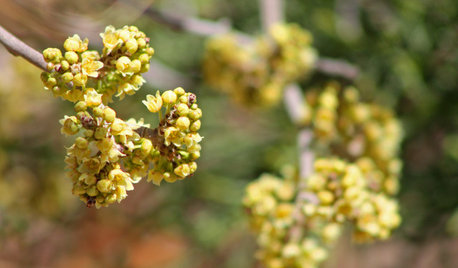
GARDENING GUIDESGreat Design Plants: Rhus Trilobata
Plant skunkbush sumac for its brilliant fall color, and tiny late-winter flowers that provide food for pollinators
Full Story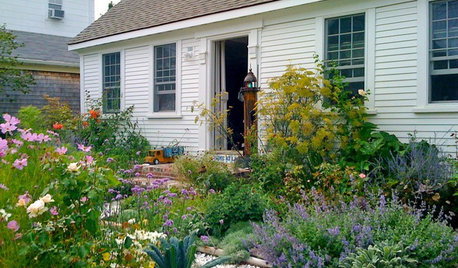
GARDENING GUIDESVegetables and Flowers Mix in Beautiful Edible Gardens
Ornamentals, meet your edible garden mates. We know you'll get along just beautifully
Full Story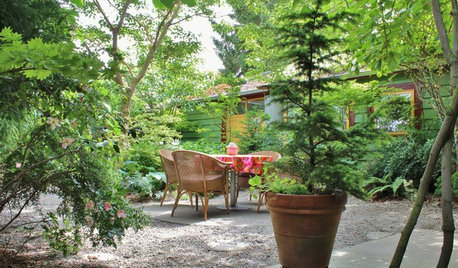
INSPIRING GARDENSFrom Concrete Lot to Gracious Organic Garden in Seattle
Plants, pests and even weeds have a place in this landscape, which offers an edible bounty and a feast for the eyes
Full Story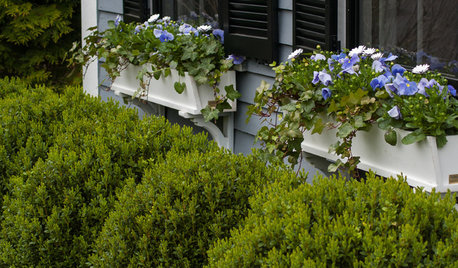
GARDENING GUIDESMake Sure You Read This Before Buying New Plants
Follow these 10 plant-selection tips to avoid buyer’s remorse
Full Story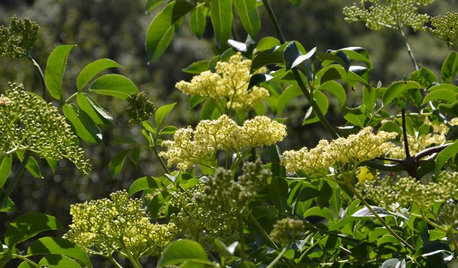
GARDENING GUIDESGreat Design Plant: Sambucus Nigra Caerulea for the Birds
Blue elderberry is a favorite of birds and other wildlife in its native California
Full Story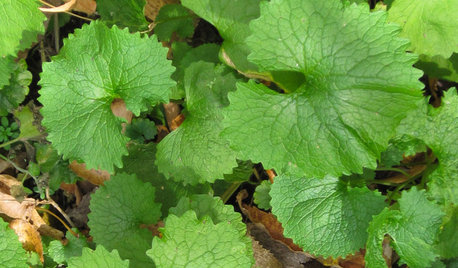
GARDENING GUIDESDo You Have This Invasive Plant in Your Yard?
Garlic mustard is spreading across the U.S. Here’s how to spot it and what to do
Full Story
KITCHEN STORAGEKitchen Storage Hacks to Make Use of Every Space
Cupboards full? Try these kitchen ideas for working more valuable storage into your cooking space
Full StoryMore Discussions






fatamorgana2121
chervil2
Related Professionals
Ballwin Landscape Architects & Landscape Designers · Panama City Landscape Architects & Landscape Designers · Towson Landscape Architects & Landscape Designers · East Patchogue Landscape Architects & Landscape Designers · Arlington Landscape Contractors · Ashburn Landscape Contractors · Cicero Landscape Contractors · Ellensburg Landscape Contractors · Fort Hunt Landscape Contractors · Tinton Falls Landscape Contractors · Cordele Carpenters · Deerfield Beach Carpenters · Oak Lawn Carpenters · Roselle Carpenters · Boston Roofing & Guttersrusty_blackhaw
kaliaman
rusty_blackhaw
kaliaman
rusty_blackhaw
kaliaman
HerbDoctor
kaliaman
rusty_blackhaw
Raw_Nature